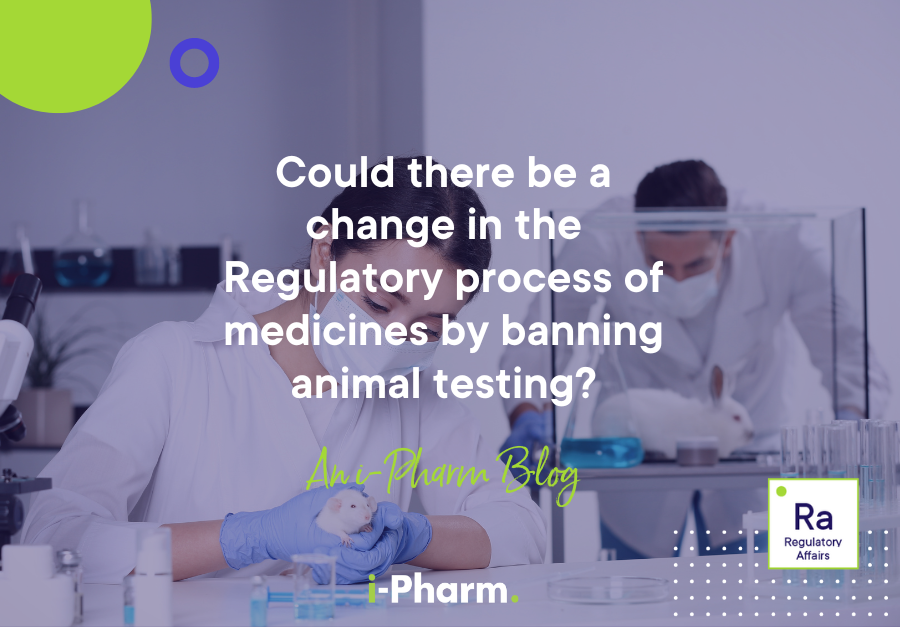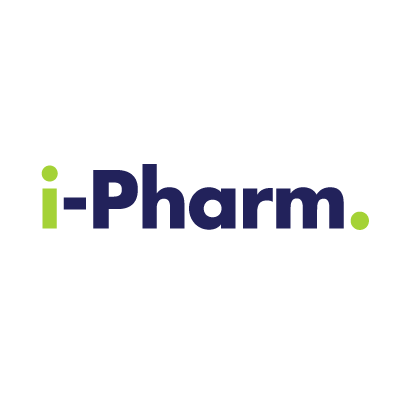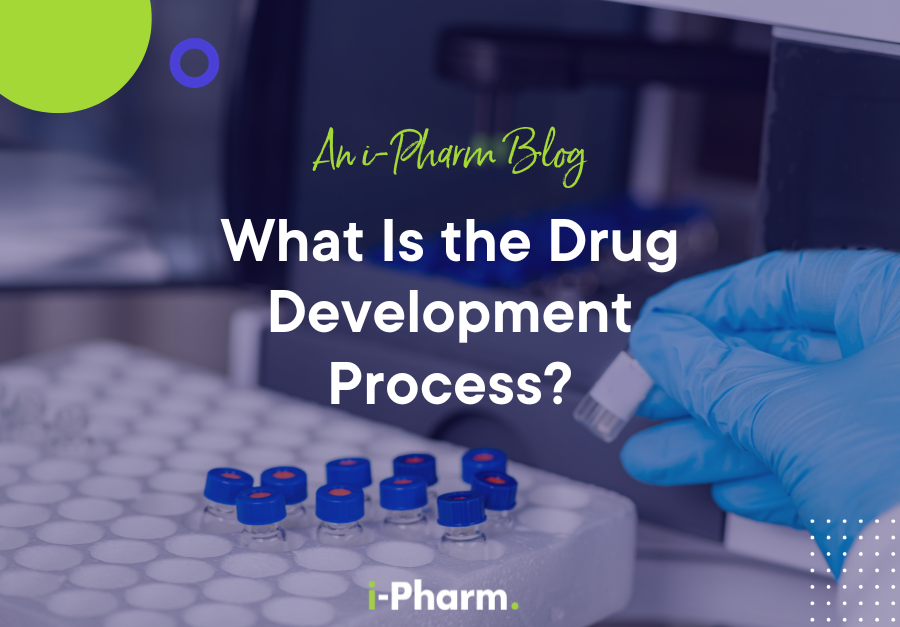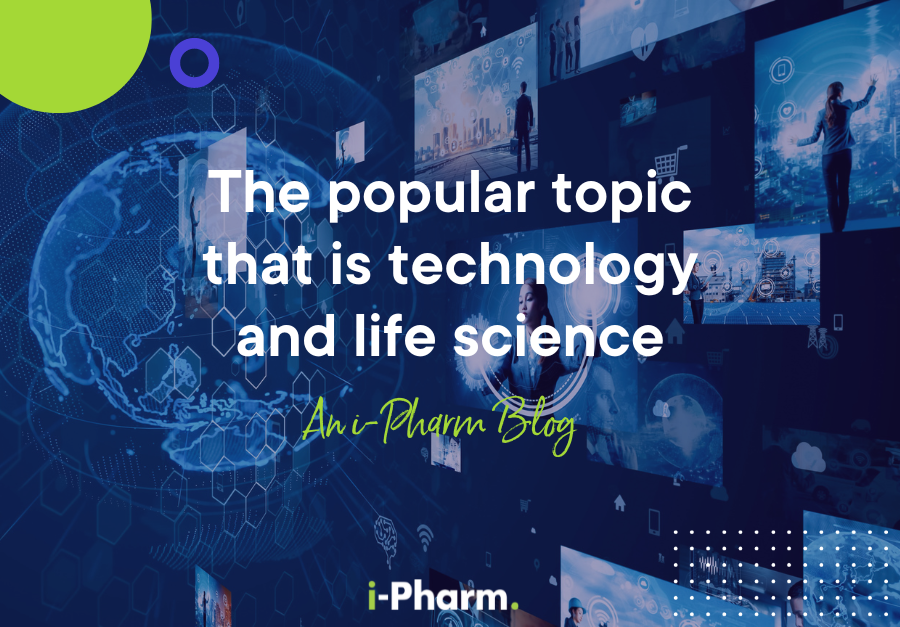Could there be a change in the Regulatory process of medicines by banning animal testing?
29 Oct, 20227 MinutesSince 500 B.C, animal testing has been around for scientific experiments or tests which an a...

Since 500 B.C, animal testing has been around for scientific experiments or tests which an animal is forced to undergo, causing them distress, pain, and suffering. An all-party parliament group is urging the UK to bypass animal tests, due to their high failure rates, and replace them with relevant human research.
Animal testing has never been fully correct when compared to humans due to some trials producing misleading efficacy results for humans. The National Institutes of Health reports that 95 out of every 100 drugs that pass animal tests fail in humans. This means extra testing is often required, thus making research financially constrained and time-consuming.
A report published by Cruelty-Free International states that 92 percent of drugs are eliminated in human trials, despite the testing on animals having received positive feedback. This percentage gives reason to believe that non-human trials are holding back advancements in pursuing legible cures for human diseases and illnesses. Additionally, the production of misleading safety and efficacy of the testing will cause an abandonment of useful medical treatments and redirect sources away from more efficient methods.
There are many alternatives and better solutions to test safely. Using human cells and tissues will produce better results due to humans' cells being a more relevant substance than animals that do not relate to humans. Additionally, other alternative methods include In-vitro testing, computer modelling, studies with volunteering and human patient stimulators. These options all include cruelty free methods, and do not encourage testing on humans. These methods supply high accuracy results with a 75 percent success rate.
A view from Cruelty Free International states, "...replacing animals used in testing will improve the quality as well as the humanity of our science." The article cites multiple instances where alternatives to animal testing have produced more effective results.
These results showed that using small rodents had only predicted human reactions 72% of the time while cell-based research has predicted human reactions 85% of the time. While this may seem like an insignificant change to large audiences, this is a huge impactful change within life sciences and testing. Not only did the prediction for human reaction increase by 13%, but animals were not used nor abused for better results. This leads humanity to more open and morally correct research and more effective results.
According to such innovative research, it is fair to accept that alternatives have a better success rate and are cruelty free. Supporting the demand for a plan to accelerate a transition to innovation without the use of animals in research, and regulatory testing, is a great chance to set the bar for improved human health and environmental protection.
What are your thoughts – should the regulatory process be changed to adopt alternative methods of clinical testing?
i-Pharm Consulting is a leading provider of staffing services in the Regulatory Affairs space working with a large range of Pharmaceutical, Biotechnology and Contract Research Organisations.











